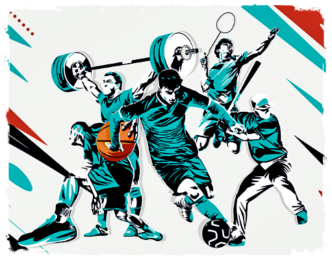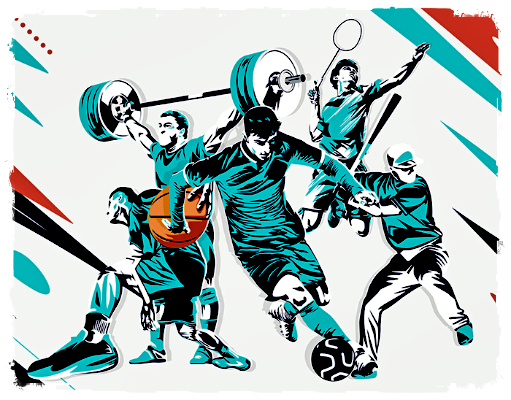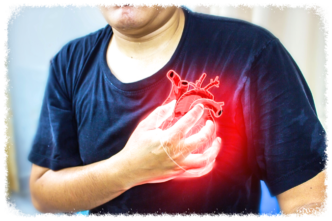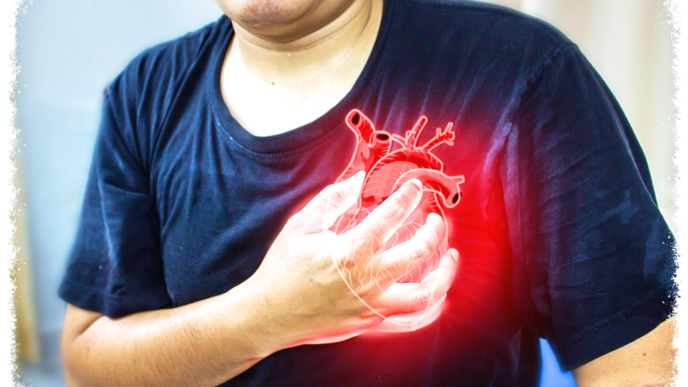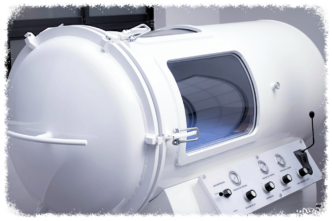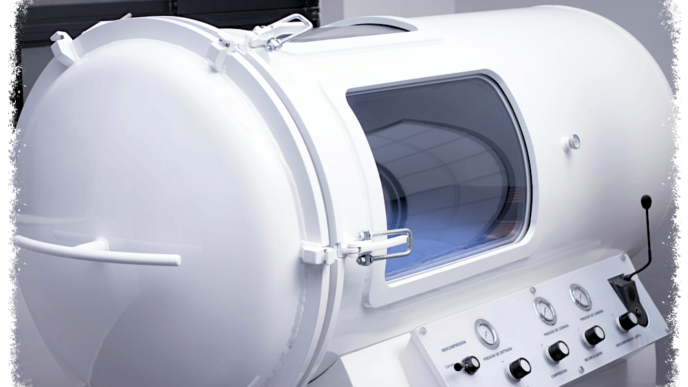WORDS DR KAMALJEET SINGH
 FEATURED EXPERT FEATURED EXPERTDR KAMALJEET SINGH Consultant Sports Medicine Physician Ara Damansara Medical Centre (ADMC) |
AN INTRODUCTION TO SPORTS MEDICINE
- Sports medicine is a specialized field focused on preventing, diagnosing, treating, and rehabilitating musculoskeletal injuries.
- These injuries aren’t limited to athletes—they can happen to anyone, like spraining an ankle on stairs or straining a shoulder while lifting something heavy.
- In some countries, it’s called sports and exercise medicine, because it also includes helping people with non-communicable diseases stay active.
- Sports medicine doctors create tailored exercise plans to improve health, prevent illnesses, and enhance overall quality of life.
HOW DOES SPORTS MEDICINE BENEFIT YOU?
Conservative Management Techniques
Most musculoskeletal injuries don’t require surgery. Hence, sports medicine physicians focus on:
- Managing pain and reducing inflammation.
- Protecting injured tissues.
- Guiding personalized rehabilitation plans.
- Using tools like ultrasound-guided injections when necessary.
Rehabilitation Is More Than Just Healing and Recovery
It’s a step-by-step process to restore:
- Mobility
- Strength
- Flexibility
- Endurance
- Function
A HOLISTIC APPROACH TO SPORTS MEDICINE
This includes addressing factors like nutrition, sleep, stress, and mental resilience to prevent re-injury and optimize performance as well as ensure long-term well-being.
SPORTS MEDICINE IS EVOLVING
Sports Medicine is evolving, thanks to new tools and techniques:
- Strength and balance tools. Isokinetic machines measure strength and endurance, while balance devices train proprioception. Handheld dynamometers offer a more affordable option.
- Artificial intelligence (AI). AI is still new in this field but shows promise in predicting injuries, optimizing recovery plans, and monitoring rehabilitation progress. While helpful, AI complements—rather than replaces—the expertise of healthcare professionals.
CHOOSING THE RIGHT TREATMENT APPROACH
When it comes to sports injuries, it can be challenging to decide between conservative management and surgery can be tough.
In this regard, sports medicine physicians work closely with their patients to:
- Assess the injury thoroughly.
- Understand the patient’s personal goals.
- Create customized treatment plans to treat the injury while meeting these goals.
While avoiding surgery might seem appealing, some injuries—especially in younger, active individuals—may benefit from surgical intervention.
The key is collaboration between patients, their families, and their healthcare providers.
TRUST IS ESSENTIAL
Sports medicine offers hope for regaining an active, functional lifestyle.
However, recovery isn’t just about treatments or medications—it’s a journey.
Hence, trusting the rehabilitation process is essential, whether the injury is managed surgically or conservatively.
| This article is part of our series on sports medicine as well as medical innovations. |

